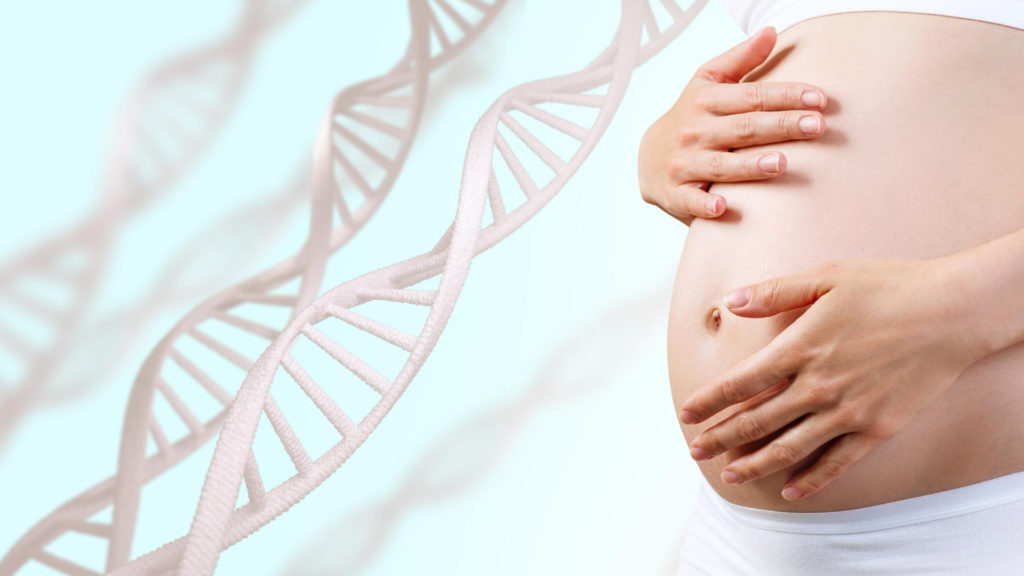Stem cell therapy has already been used in the treatment of these diseases*:
Cancers
- Acute lymphoblastic leukemia (ALL)
- Acute myelogenous leukemia (AML)
- Burkitt’s lymphoma
- Chronic myelogenous leukemia (CML)
- Juvenile chronic myelogenous leukemia (JCML)
- Juvenile myelomonocytic leukemia
- Chronic lymphocytic leukemia (CLL)
- Liposarcoma
- Myelodysplastic syndrome (MDS)
- Chronic myelomonocytic leukemia (CMML)
- Refractory anemia with excess blasts in transformation (RAEB-t)
- Neuroblastoma
- Non-Hodgkin’s lymphoma
- Hodgkin’s disease
- Retinoblastoma
Hemoglobinopathies and Blood Disorders
- Sickle-cell anemia
- b-Thalassemia (Cooley’s anemia)
Other diseases
- Evans syndrome
- Familial erythrophagocytic hemophagocytic
- Langerhans cell histiocytosis
- Osteopetrosis
Bone Marrow Failure Syndromes
- Aplastic anemia
- Blackfan-Diamond anemia
- Dyskeratosis congenital
- Fanconi anemia
- Myelofibrosis
- Amegakaryocytic thrombocytopenia (AMT)
- Kostmann’s syndrome
Immunodeficiencies
- Chronic granulomatous disease
- Common variable immune deficiency (CVID)
- Omenn’s syndrome
- Severe combined immune deficiency (SCID and SCID-ADA)
- Reticular dysgenesis
- Thymic dysplasia
- Wiskott-Aldrich syndrome
- X-linked lymphoproliferative disease
- Bare lymphocyte syndrome (MHC class II deficiency)
- Leukocyte adhesion deficiency
Inborn Errors of Metabolism
- Adrenoleukodystrophy
- Batten disease (inherited neuronal ceroid lipofuscinosis)
- Gunther disease
- Hunter syndrome
- Hurler syndrome
- Krabbe disease (globoid cell leukodystrophy)
- Lesch-Nyhan disease
- Maroteaux-Lamy syndrome
- Tay-Sachs disease
* Although the potential use of Umbilical Cord Blood is expanding rapidly, the odds that a family without a defined risk will need to use their child’s cord blood are low. There is no guarantee that the umbilical cord blood will be a match for a family member or will provide a cure. As with any transplant therapy, therapeutic success depends upon many factors beyond the stem cells themselves including patient condition, type of disease, recipient-donor relationship matching, and other factors.
HealthyMe.md

